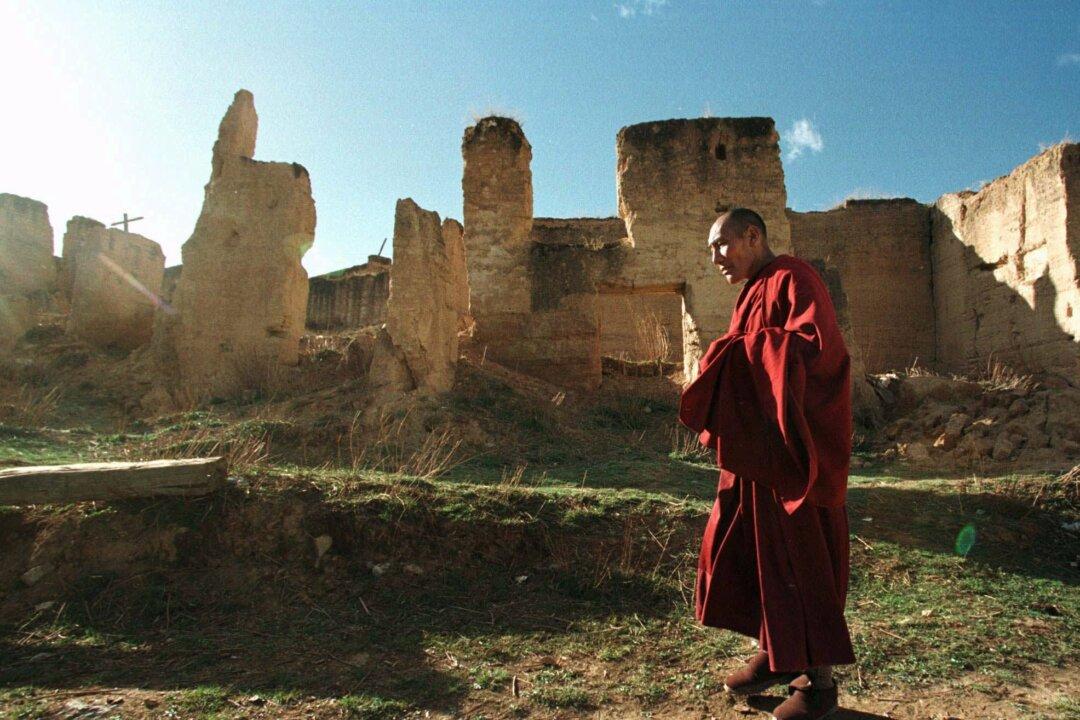Commentary
Religious expression is tightly managed by the Chinese Communist Party (CCP) in order to propagate socialist policies in support of state objectives.

Religious expression is tightly managed by the Chinese Communist Party (CCP) in order to propagate socialist policies in support of state objectives.